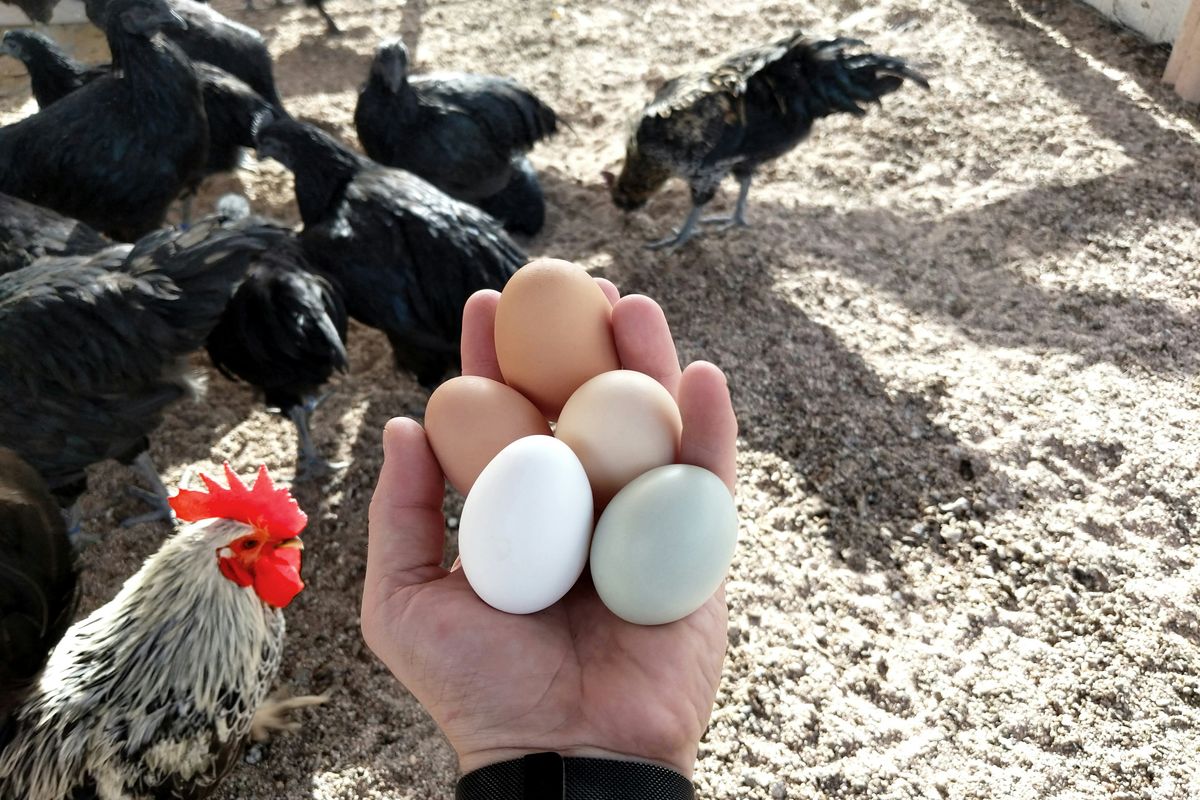Ensuring your hens lay eggs consistently is a top priority for any poultry enthusiast. After all, a steady supply of fresh eggs is one of the primary joys of keeping chickens. There are numerous ways to get consistent egg laying, and understanding them can transform your chicken-keeping experience significantly. In this article, we’ll explore various factors affecting egg production and how you can optimize conditions for your flock.

Understanding Hen Behavior and Needs
Understanding the fundamental needs of your chickens is essential for their productivity. A hen’s physical and mental well-being directly influences their capacity to lay eggs. Key elements include diet, environment, and overall care.
Importance of Nutrition in Egg Laying
A balanced diet is crucial for hens to lay consistently. An enriching diet, rich in calcium and protein, supports healthy egg production. Incorporating a variety of grains, greens, and proteins will ensure that your chickens receive a well-rounded diet.
External sources such as Healthline emphasize the need for balanced nutrition. Supplements like oyster shells can provide additional calcium.
Maintaining Optimum Coop Conditions
The conditions of your coop play a vital role. Adequate space, cleanliness, and appropriate light exposure are key contributors to egg consistency. Ensuring that the coop is well-ventilated will keep your flock healthy. How often should you prioritize cleaning is an important aspect of maintaining hygiene in your coop.
For more tips on keeping equipment in top condition, you might want to read about how to take care of a rice cooker here.
Influencing Egg Production
Understanding how different factors influence egg production can help in creating an effective strategy to enhance your flocks egg-laying consistency.
Choosing the Right Breeds
The breed of hen impacts how many eggs they produce annually. Some breeds like the Rhode Island Red and the Leghorn are renowned for their prolific egg production. Tailoring your flock depending on your goals for egg production is considrable
The Role of Light Exposure
Exposure to light significantly affects hens laying cycles. By simulating 14-16 hours of daylight through artificial lighting during darker months, you can encourage your hens to continue laying regularly.
Managing Stress Levels
Chickens are sensitive creatures, and stress can greatly impact egg laying. Minimizing changes in their environment and maintaining a routine will help in alleviating stress. Provide refuge areas or ensure that their coop has spaces where they can feel safe and secure.
Frequently Asked Questions
What can I feed my hens to increase egg production?
A balanced diet including grains, greens, and protein will improve egg production. Food supplements like oyster shells offer necessary calcium, helping produce strong eggshells.
How much space do chickens need to be productive?
Each chicken should have at least 4 square feet inside the coop to move comfortably. Access to 8-10 square feet of outdoor space will encourage the hens to stay active and healthy.
Why have my hens stopped laying eggs?
Several factors could cause this, including changes in light exposure, stress, or diet deficiencies. Examine each aspect to identify the issue and make the necessary changes.

Conclusion
Achieving consistent egg laying requires a nuanced approach. By understanding and tending to their fundamental needs, you ensure that your hens remain healthy and productive. For those curious about poultry care, the article on Mother Earth News provides a great insight into the advantages of maintaining a well-cared-for backyard flock.
This article contains affiliate links. We may earn a commission at no extra cost to you.










